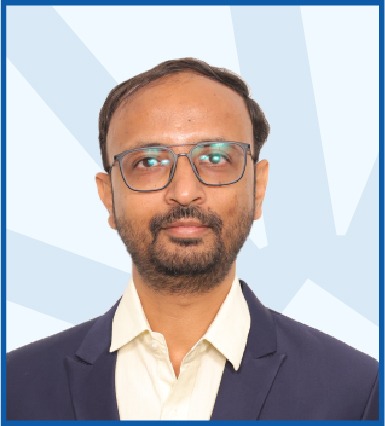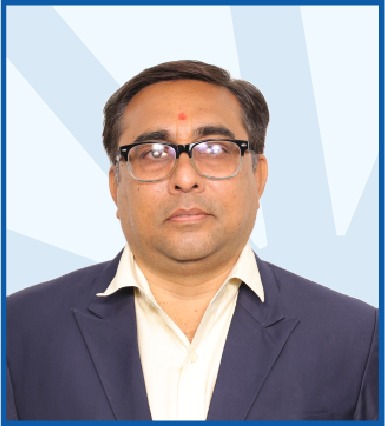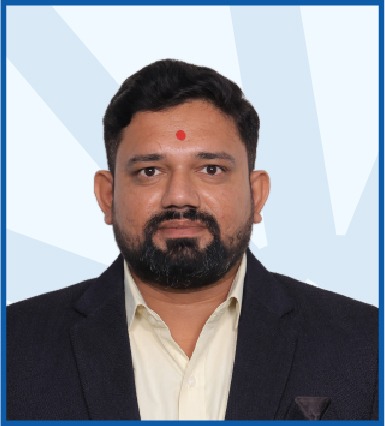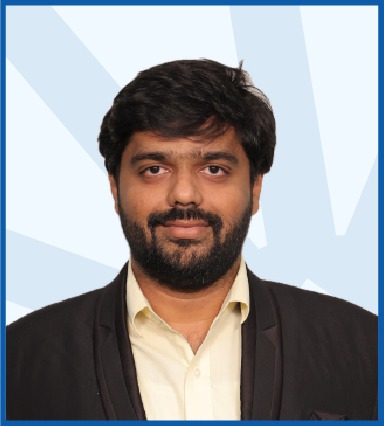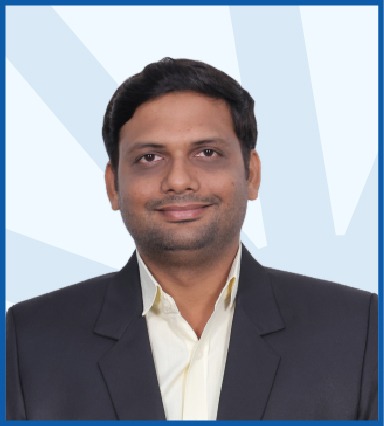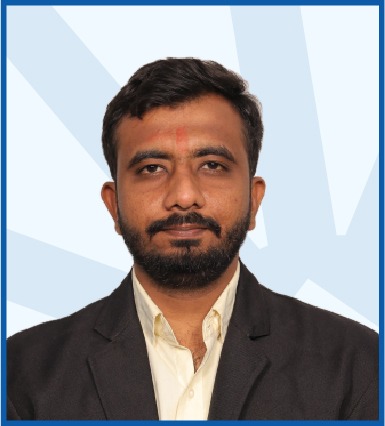Civil Engineering – Transportation Engineering
Introduction to course
Step into the realm of transportation engineering excellence with our MTech. Program in Civil Engineering – Transportation Engineering. Tailored for ambitious engineers eager to revolutionize the way people and goods move, this program offers a transformative learning experience. Through immersive coursework, cutting-edge research opportunities, and collaborative projects, students gain expertise in traffic flow analysis, infrastructure design, and sustainable transportation solutions.
Mission
- To offer a dynamic civil engineering curriculum that integrates fundamental knowledge with emerging technologies, preparing students to succeed in a rapidly changing global environment and contribute to sustainable development.
- To promote a culture of innovation, creativity, and interdisciplinary collaboration that addresses real-world engineering challenges and supports sustainable infrastructure that benefits society.
- To establish robust partnerships with industry and community organizations, fostering practical learning experiences, entrepreneurship, and the implementation of sustainable engineering solutions that address both local and global needs.
- To develop civil engineers who demonstrate integrity, ethical responsibility, and empathy, committed to making a positive impact on society by engaging in practices that prioritize sustainability and community well-being.
Vision
To be a leader in civil engineering, developing professionals who create sustainable
infrastructure and innovative solutions that enhance the quality of life and
contribute to the advancement of society
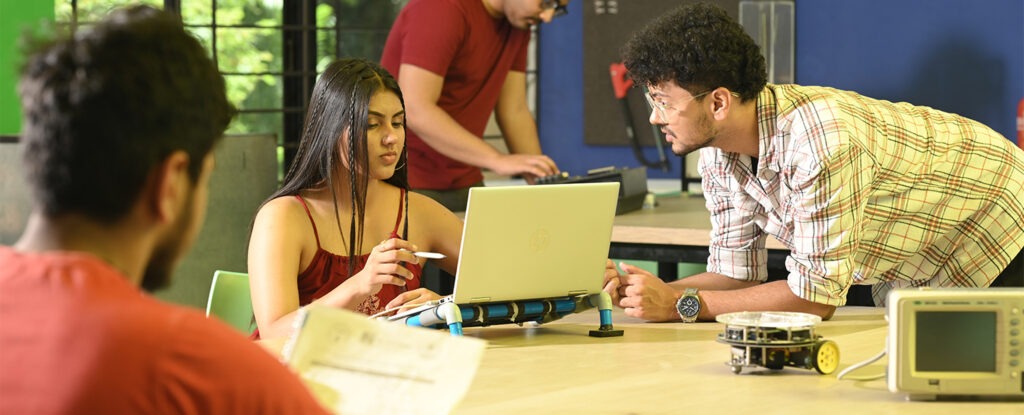
Course objective
- Develop a comprehensive understanding of transportation systems, including principles of traffic flow, transportation planning, and infrastructure design.
- Acquire proficiency in using advanced software tools and methodologies for traffic analysis, transportation modeling, and infrastructure design.
- Explore specialized areas such as public transportation systems, intelligent transportation systems (ITS), and sustainable transportation solutions.
- Enhance critical thinking and problem-solving skills through hands-on projects, case studies, and real-world applications in transportation engineering.
- Prepare students for careers in transportation planning agencies, consulting firms, government agencies, and research institutions through rigorous academic training and practical experience.
Course outcome
- Proficiency in analysing and designing transportation systems.
- Application of advanced software tools for traffic analysis and infrastructure optimization.
- Development of innovative solutions for transportation challenges.
- Effective communication of technical concepts and findings.
- Collaboration in interdisciplinary teams to propose practical solutions.
Admission procedure
Check Eligibility (Physics + Maths + Chemistry / Computer)
|
Board |
Category |
Theory Marks |
Theory + Practical Marks |
|---|---|---|---|
|
GSEB |
Open |
135 / 300 |
180 / 400 |
|
GSEB |
Reserve |
120 / 300 |
180 / 400 |
|
Other Boards |
Open |
108 / 240 |
135 / 300 |
|
Other Boards |
Reserve |
96 / 240 |
120 / 300 |
Required Documents
- SSC
- HSC
- GUJCET mark-sheet
- Leaving certificate (applicable for all)
- Income certificate
- Caste certificate, NCL (if applicable)
Curriculum
- Duration: 4 years
- Fees: Rs. 70,000
- Intake: 60
| GTU Code | Subject | Theory(Hrs) | Tutorial(Hrs) | Practical(Hrs) | Credits |
|---|---|---|---|---|---|
| 3110000 | Lorem Ipsum | 0 | 0 | 0 | 0 |
| 3110000 | Lorem Ipsum | 0 | 0 | 0 | 0 |
| 3110000 | Lorem Ipsum | 0 | 0 | 0 | 0 |
| 3110000 | Lorem Ipsum | 0 | 0 | 0 | 0 |
| 3110000 | Lorem Ipsum | 0 | 0 | 0 | 0 |
| GTU Code | Subject | Theory(Hrs) | Tutorial(Hrs) | Practical(Hrs) | Credits |
|---|---|---|---|---|---|
| 3110000 | Lorem Ipsum | 0 | 0 | 0 | 0 |
| 3110000 | Lorem Ipsum | 0 | 0 | 0 | 0 |
| 3110000 | Lorem Ipsum | 0 | 0 | 0 | 0 |
| 3110000 | Lorem Ipsum | 0 | 0 | 0 | 0 |
| 3110000 | Lorem Ipsum | 0 | 0 | 0 | 0 |
| GTU Code | Subject | Theory(Hrs) | Tutorial(Hrs) | Practical(Hrs) | Credits |
|---|---|---|---|---|---|
| 3110000 | Lorem Ipsum | 0 | 0 | 0 | 0 |
| 3110000 | Lorem Ipsum | 0 | 0 | 0 | 0 |
| 3110000 | Lorem Ipsum | 0 | 0 | 0 | 0 |
| 3110000 | Lorem Ipsum | 0 | 0 | 0 | 0 |
| 3110000 | Lorem Ipsum | 0 | 0 | 0 | 0 |
| GTU Code | Subject | Theory(Hrs) | Tutorial(Hrs) | Practical(Hrs) | Credits |
|---|---|---|---|---|---|
| 3110000 | Lorem Ipsum | 0 | 0 | 0 | 0 |
| 3110000 | Lorem Ipsum | 0 | 0 | 0 | 0 |
| 3110000 | Lorem Ipsum | 0 | 0 | 0 | 0 |
| 3110000 | Lorem Ipsum | 0 | 0 | 0 | 0 |
| 3110000 | Lorem Ipsum | 0 | 0 | 0 | 0 |
| GTU Code | Subject | Theory(Hrs) | Tutorial(Hrs) | Practical(Hrs) | Credits |
|---|---|---|---|---|---|
| 3110000 | Lorem Ipsum | 0 | 0 | 0 | 0 |
| 3110000 | Lorem Ipsum | 0 | 0 | 0 | 0 |
| 3110000 | Lorem Ipsum | 0 | 0 | 0 | 0 |
| 3110000 | Lorem Ipsum | 0 | 0 | 0 | 0 |
| 3110000 | Lorem Ipsum | 0 | 0 | 0 | 0 |
| GTU Code | Subject | Theory(Hrs) | Tutorial(Hrs) | Practical(Hrs) | Credits |
|---|---|---|---|---|---|
| 3110000 | Lorem Ipsum | 0 | 0 | 0 | 0 |
| 3110000 | Lorem Ipsum | 0 | 0 | 0 | 0 |
| 3110000 | Lorem Ipsum | 0 | 0 | 0 | 0 |
| 3110000 | Lorem Ipsum | 0 | 0 | 0 | 0 |
| 3110000 | Lorem Ipsum | 0 | 0 | 0 | 0 |
| GTU Code | Subject | Theory(Hrs) | Tutorial(Hrs) | Practical(Hrs) | Credits |
|---|---|---|---|---|---|
| 3110000 | Lorem Ipsum | 0 | 0 | 0 | 0 |
| 3110000 | Lorem Ipsum | 0 | 0 | 0 | 0 |
| 3110000 | Lorem Ipsum | 0 | 0 | 0 | 0 |
| 3110000 | Lorem Ipsum | 0 | 0 | 0 | 0 |
| 3110000 | Lorem Ipsum | 0 | 0 | 0 | 0 |
| GTU Code | Subject | Theory(Hrs) | Tutorial(Hrs) | Practical(Hrs) | Credits |
|---|---|---|---|---|---|
| 3110000 | Lorem Ipsum | 0 | 0 | 0 | 0 |
| 3110000 | Lorem Ipsum | 0 | 0 | 0 | 0 |
| 3110000 | Lorem Ipsum | 0 | 0 | 0 | 0 |
| 3110000 | Lorem Ipsum | 0 | 0 | 0 | 0 |
| 3110000 | Lorem Ipsum | 0 | 0 | 0 | 0 |
Faculty
Labs and facilities
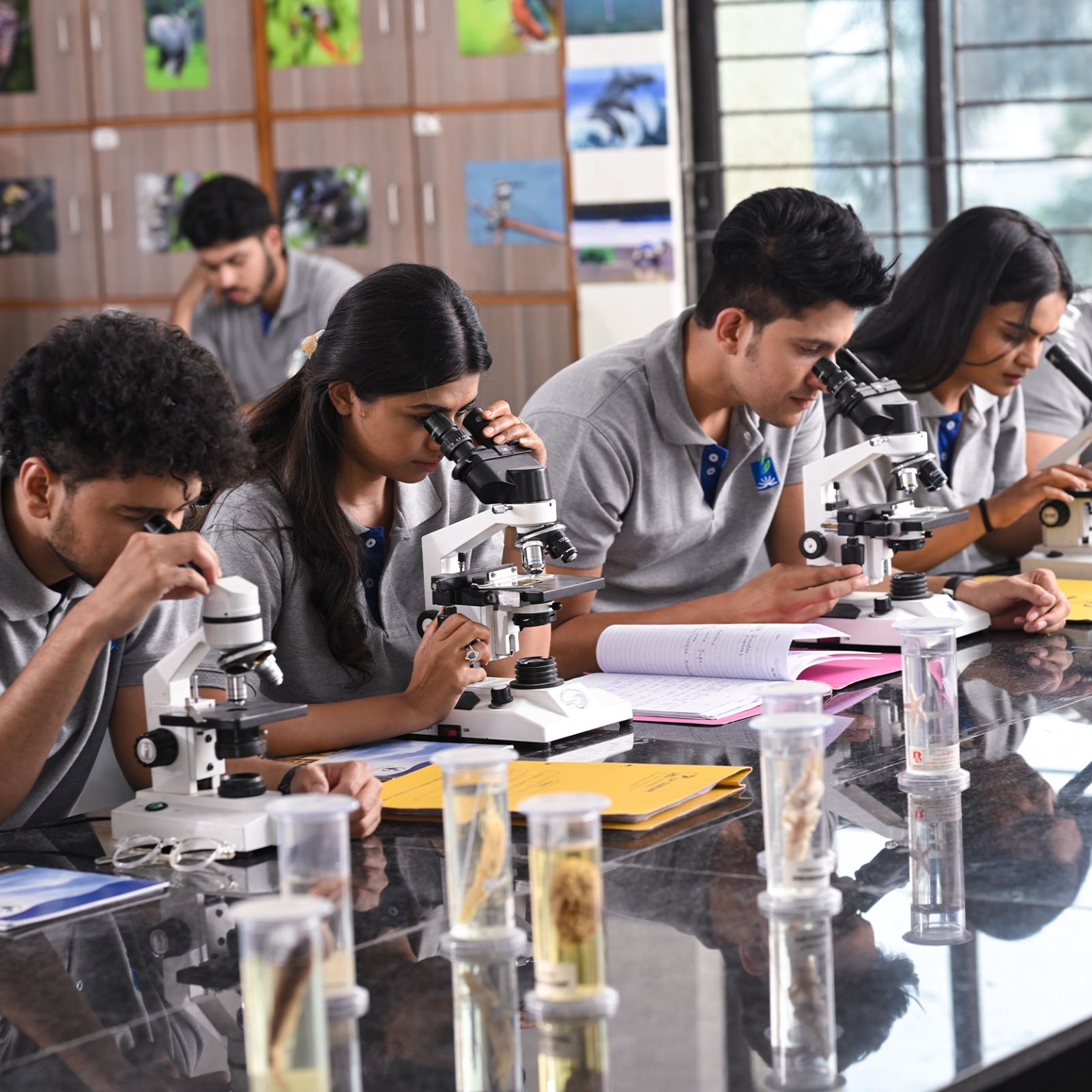

Photo gallery



